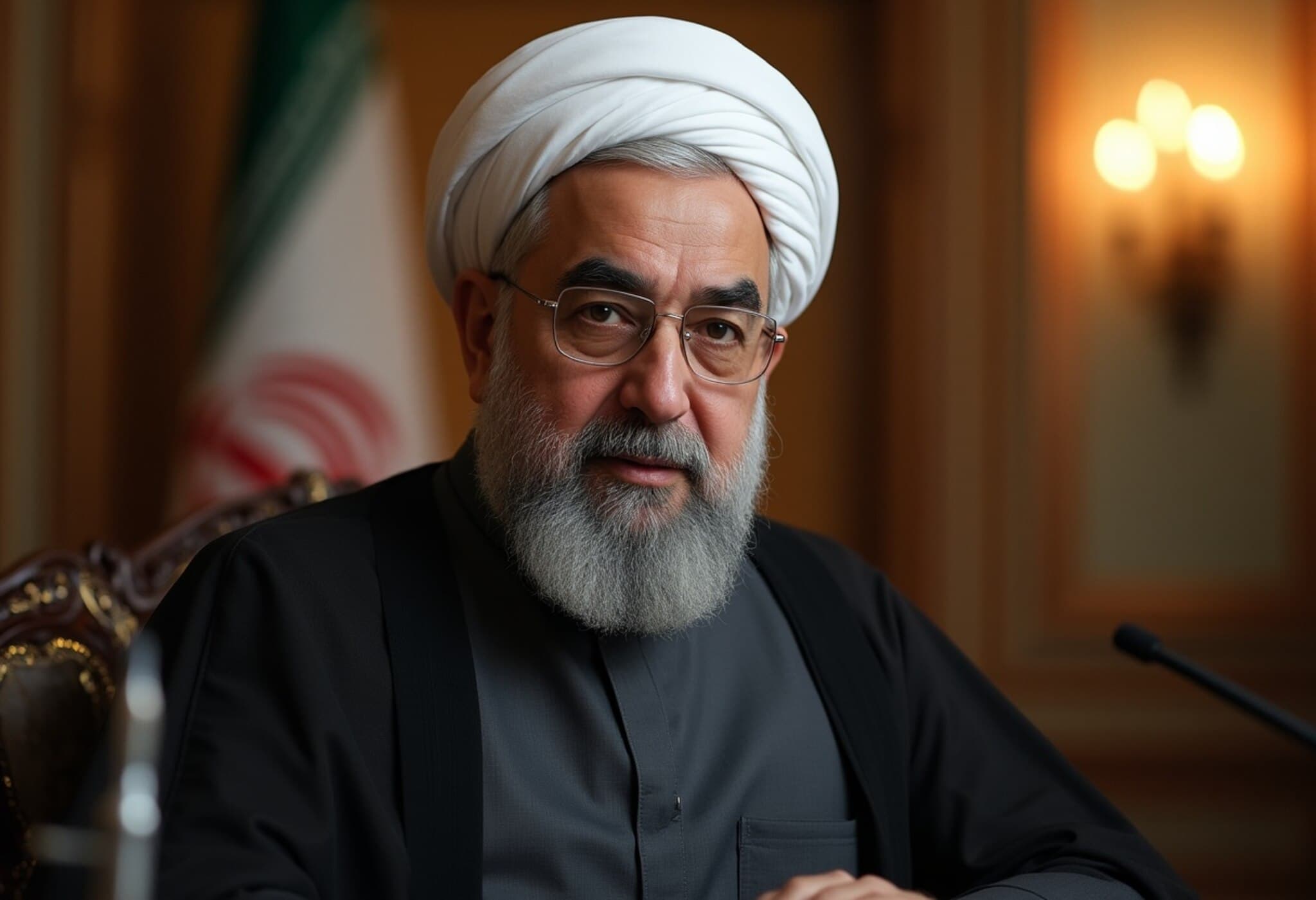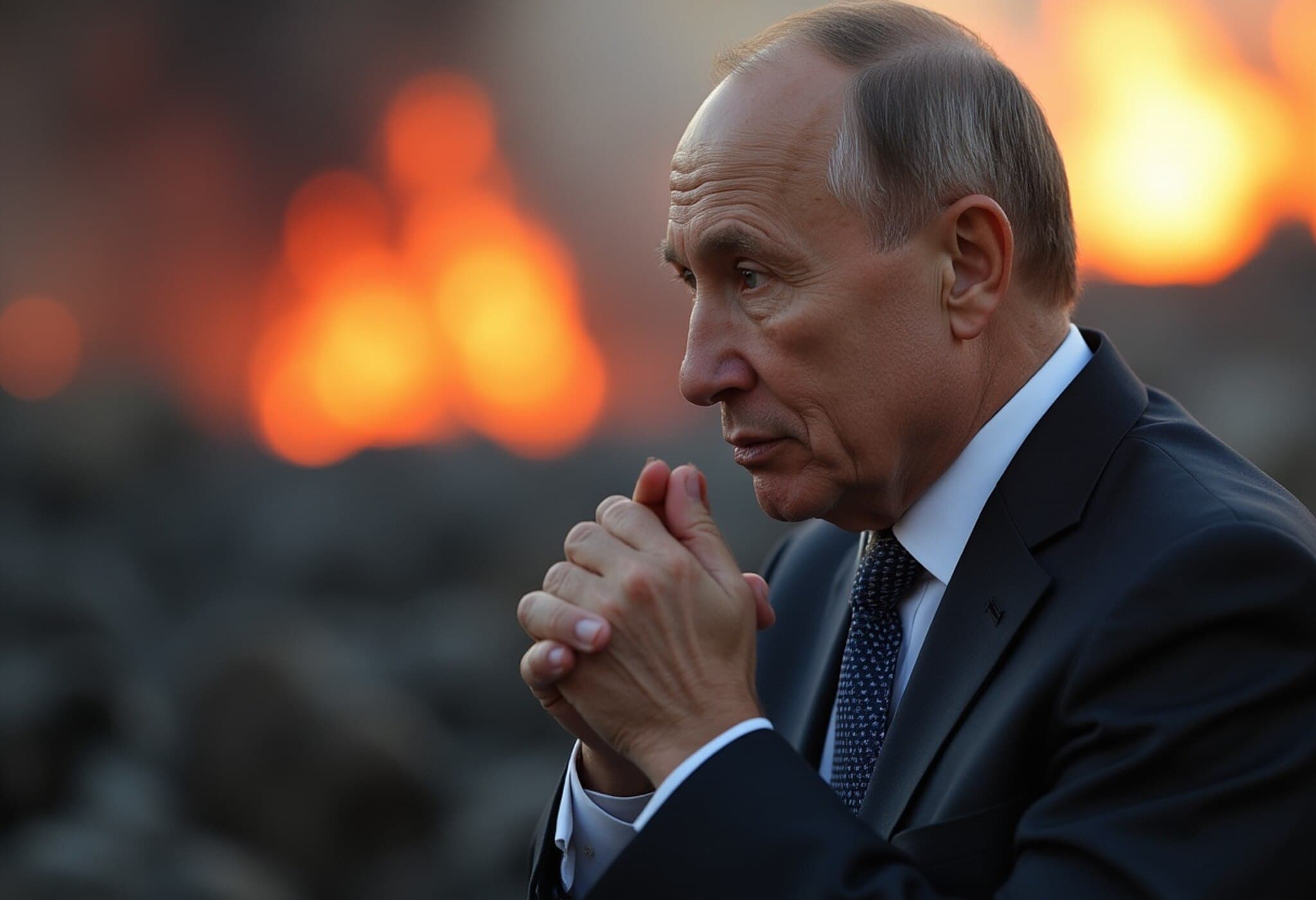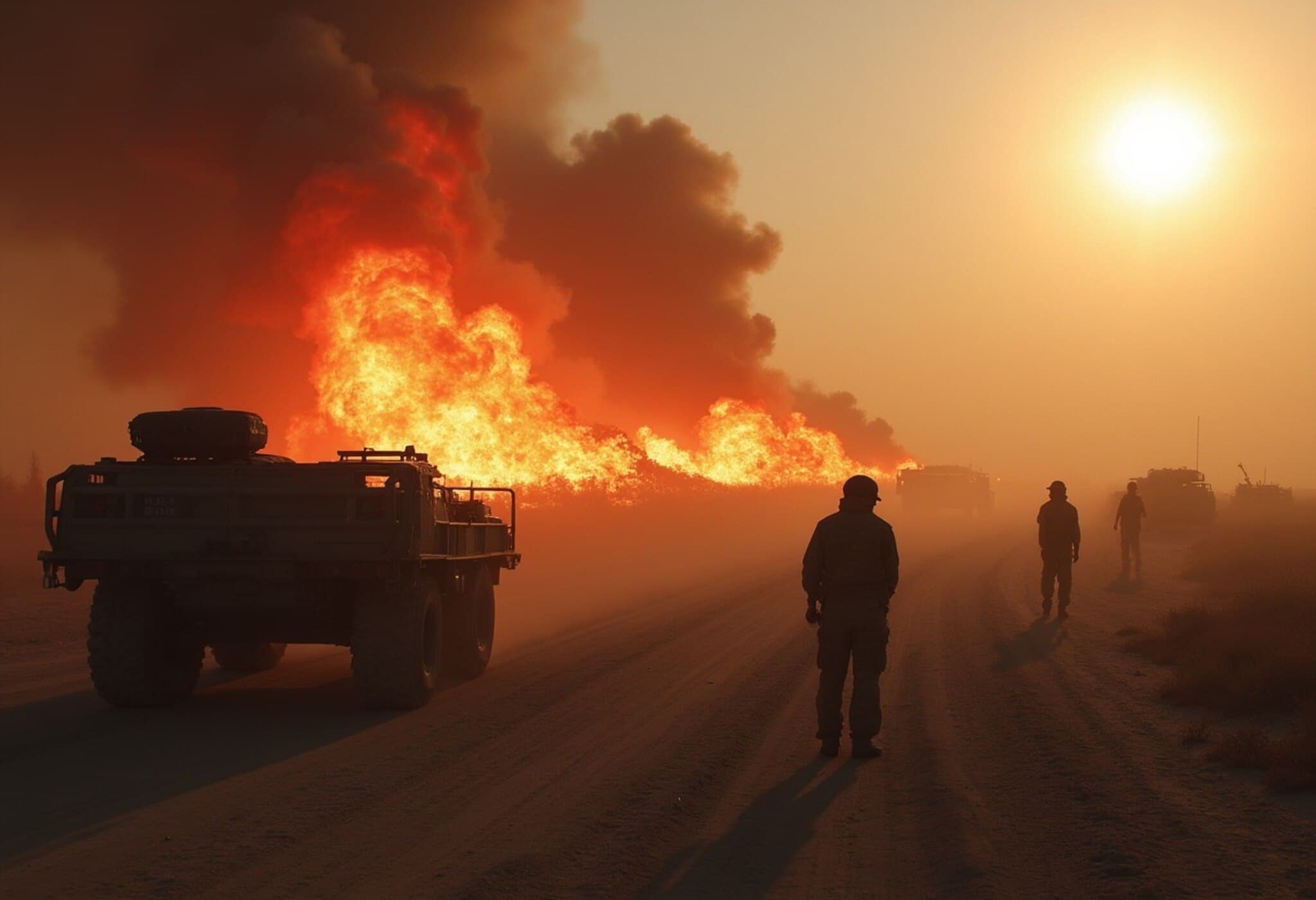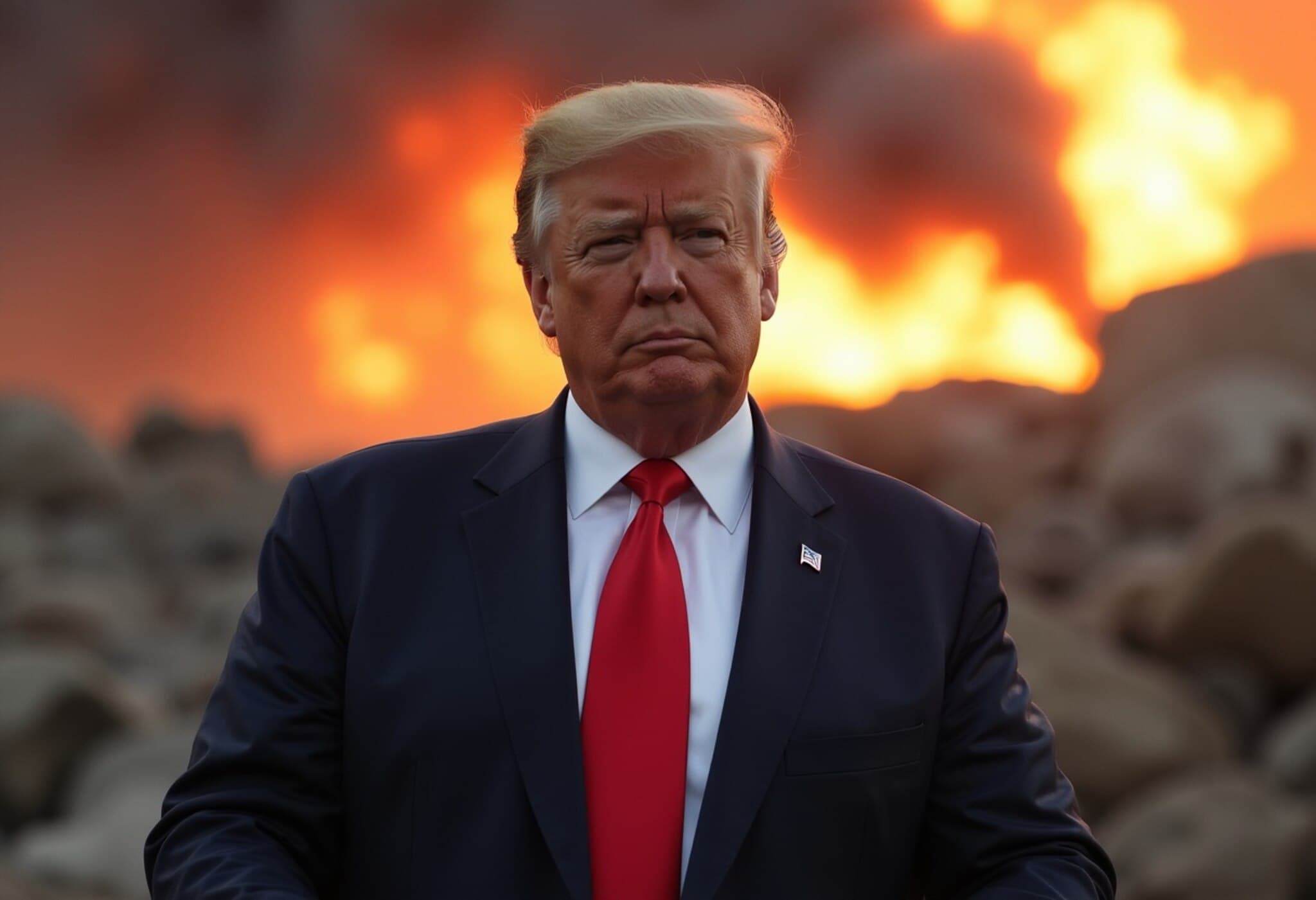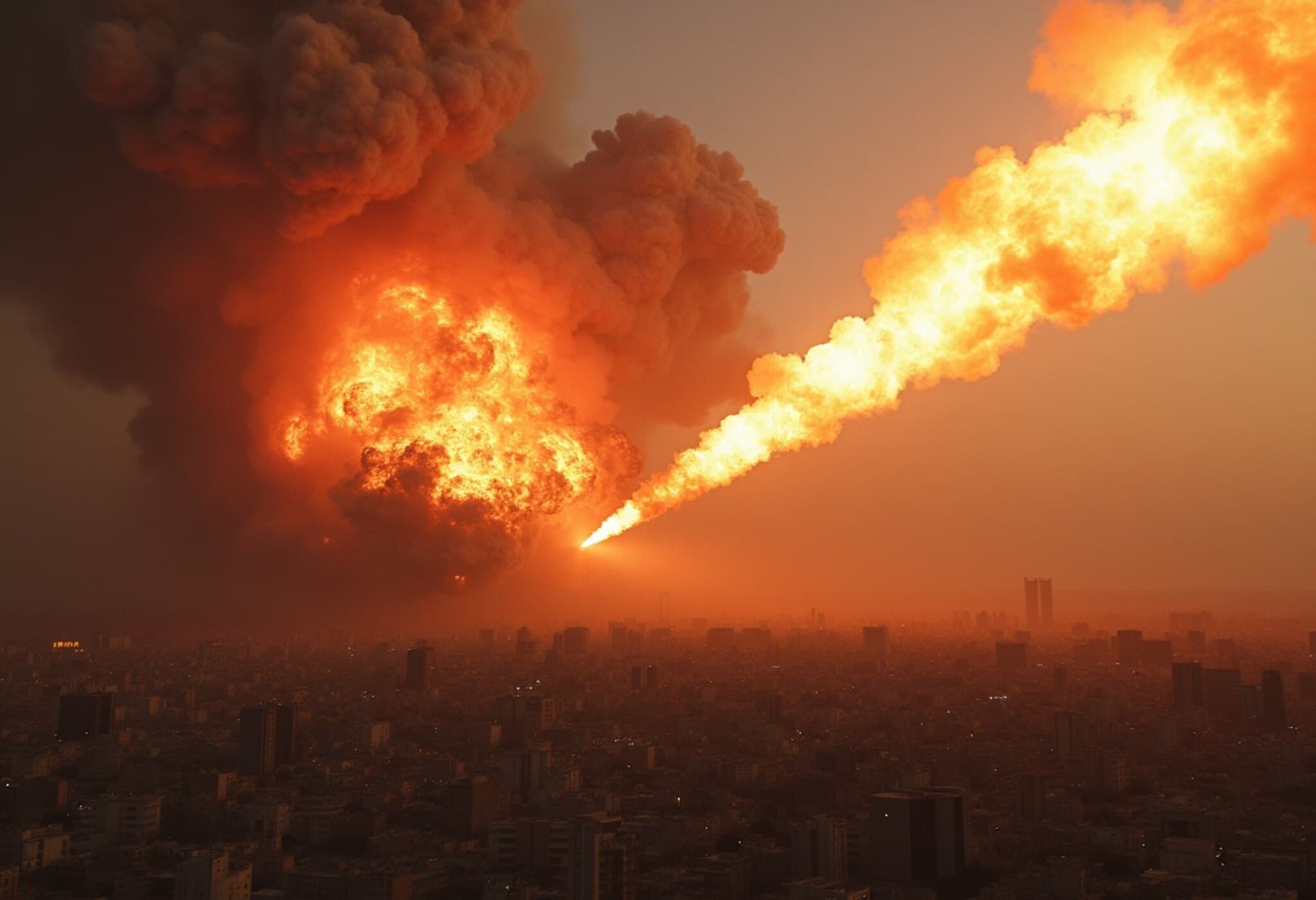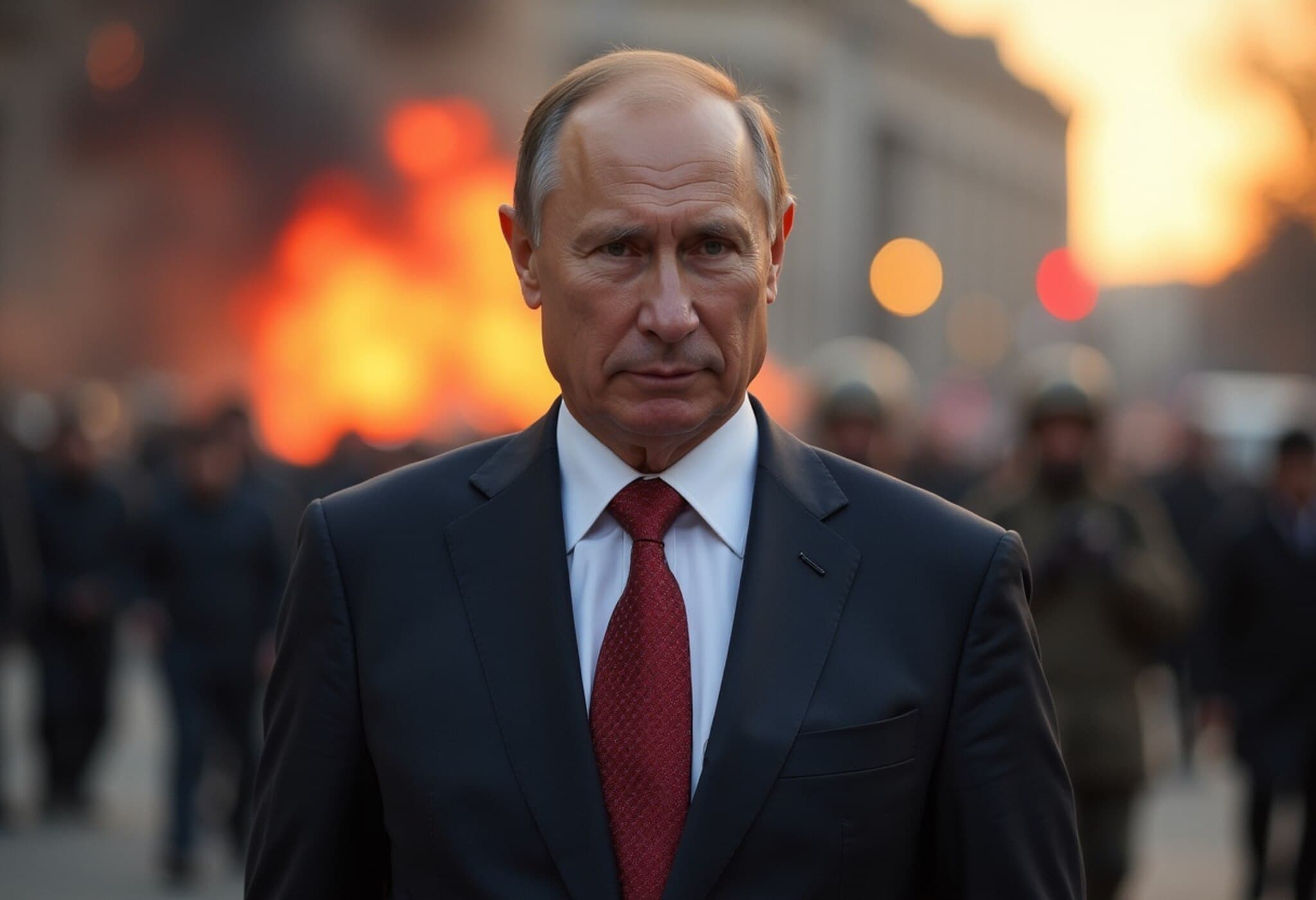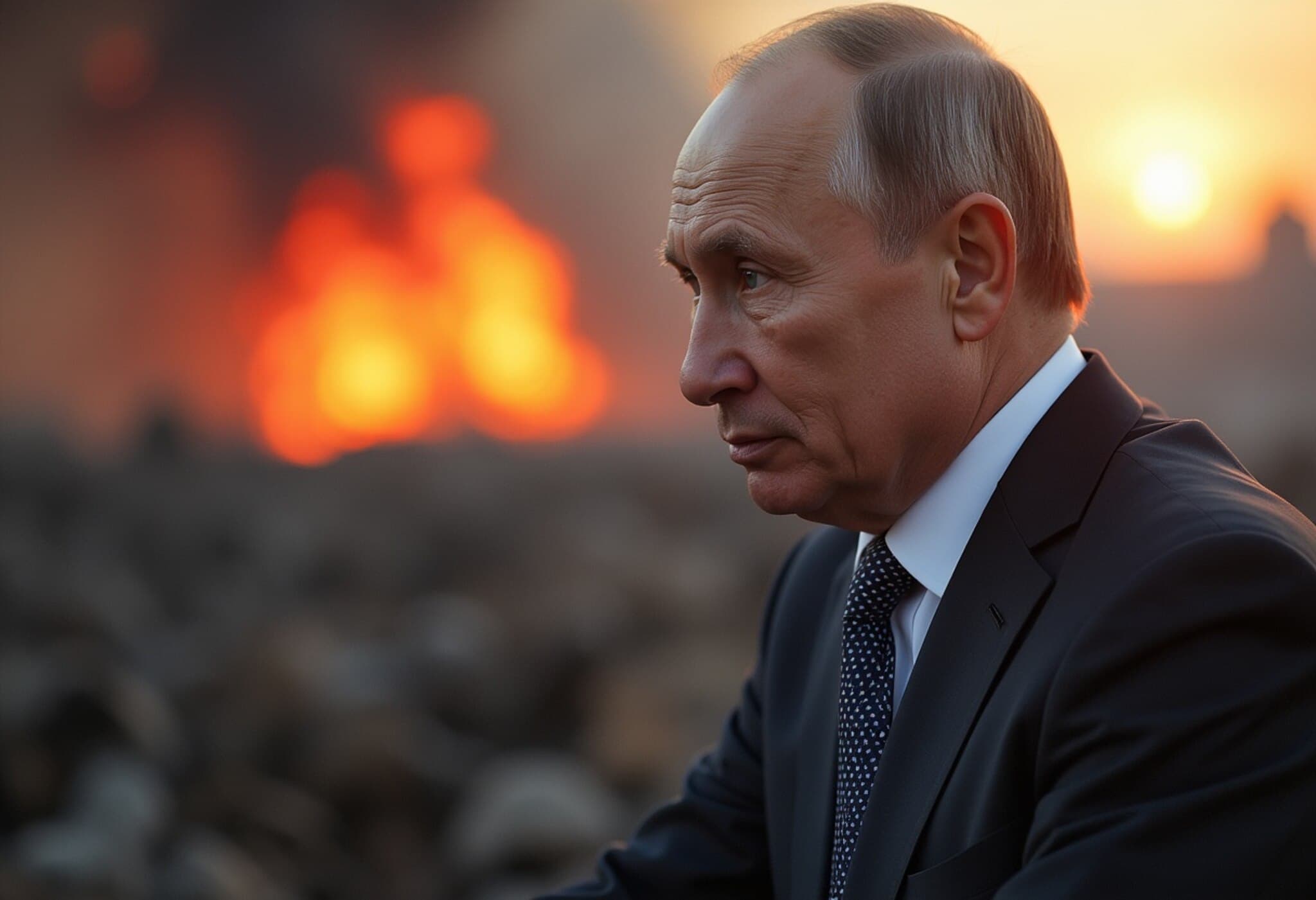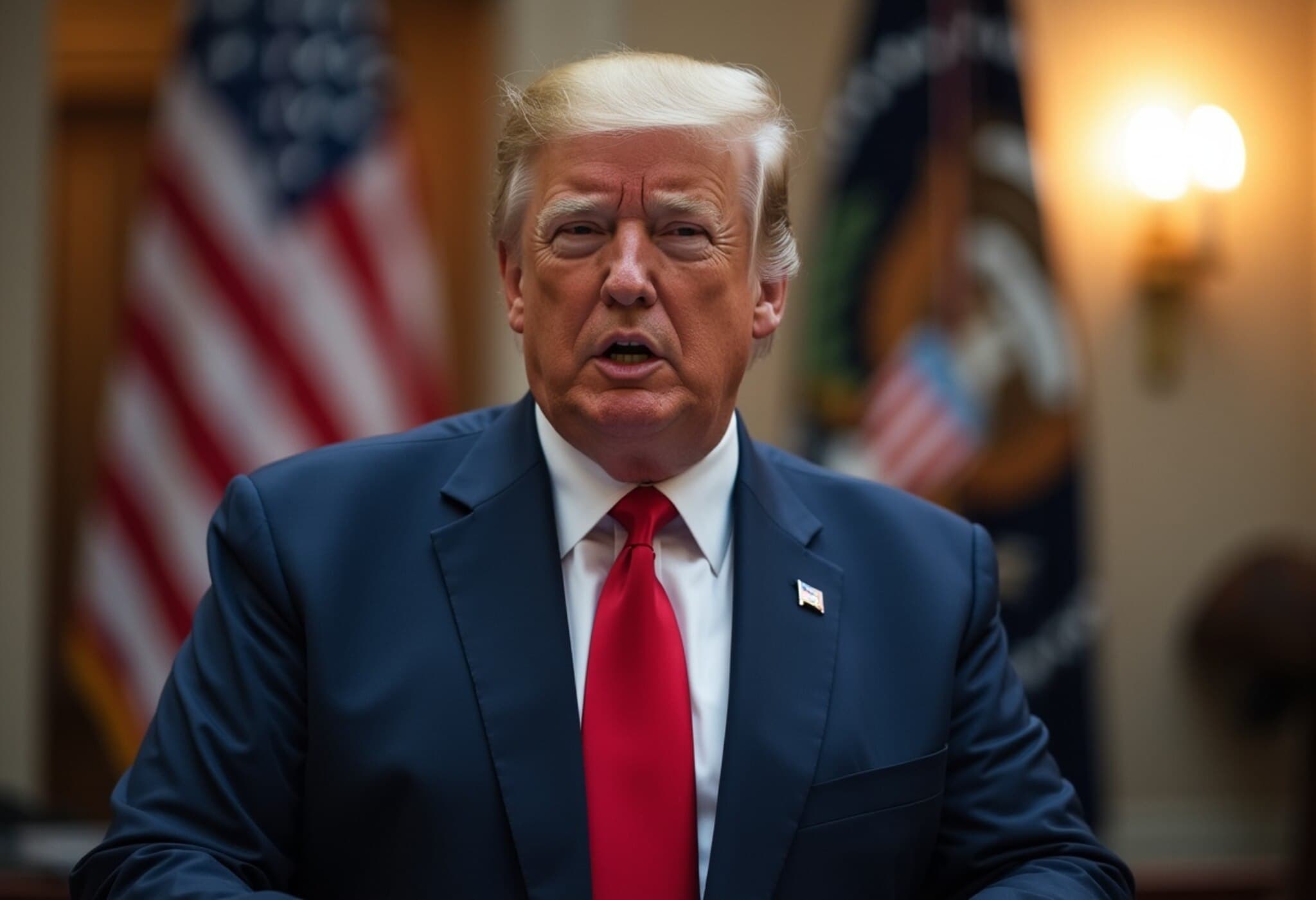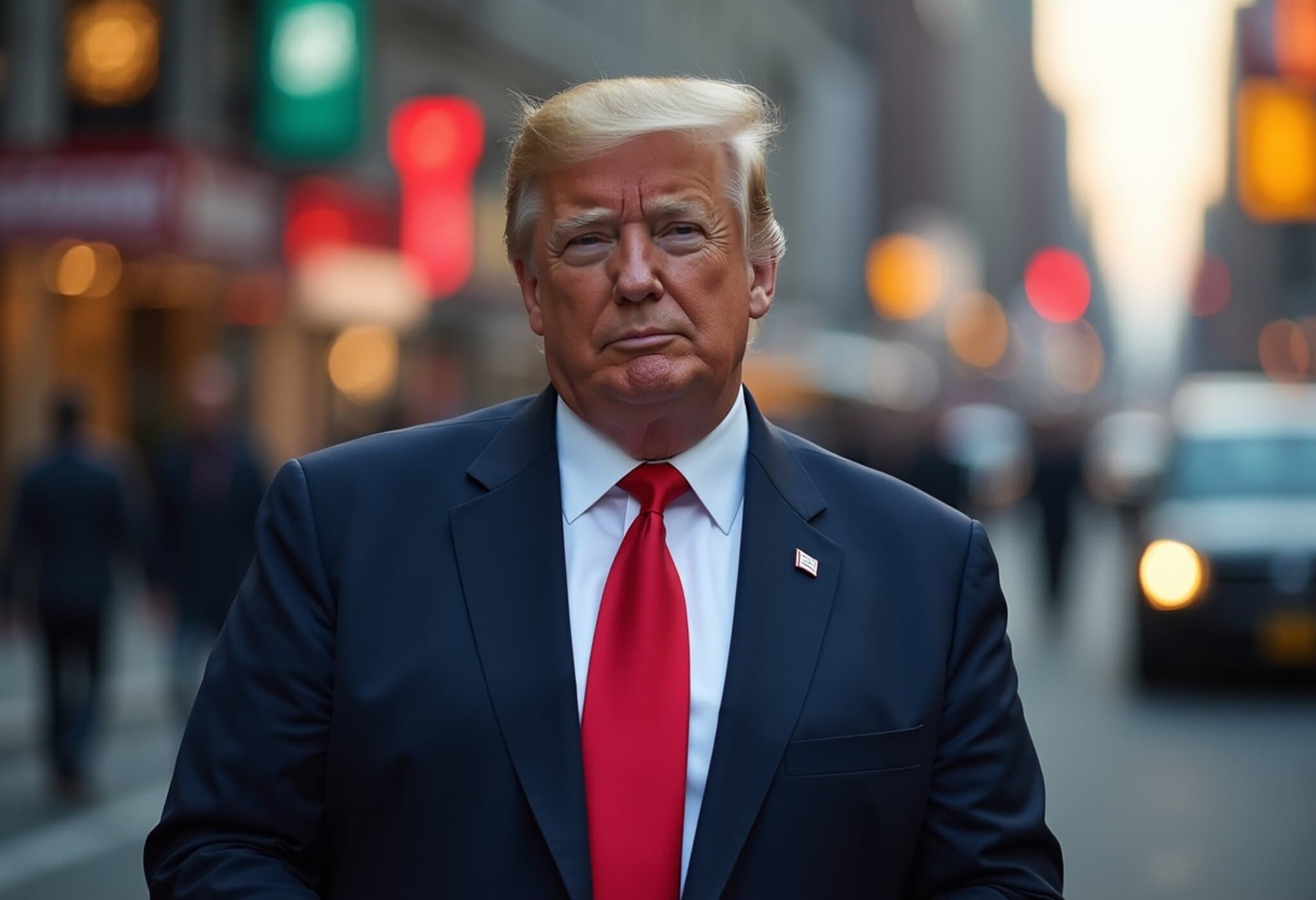Iran Opens Door to Dialogue with US Amid Rising Tensions
In a candid interview aired on July 7, 2025, Iranian President Masoud Pezeshkian expressed a willingness to engage in dialogue with the United States to resolve longstanding conflicts, even as he accused Israel of orchestrating assassination attempts against him and disrupting ongoing diplomatic talks.
Dialogue Amid Distrust: The Complex US-Iran Relationship
Speaking with conservative American podcaster Tucker Carlson, President Pezeshkian underscored that meaningful negotiations between Tehran and Washington are possible but complicated by a deep-rooted mistrust. “I am of the belief that we could very much easily resolve our differences and conflicts with the United States through dialogue and talks,” he said, emphasizing that previous diplomatic efforts were undermined by covert Israeli operations.
Blaming Israel for Derailing Talks
The Iranian leader singled out Israel as the principal factor in the breakdown of diplomatic momentum. On June 13, Israeli forces reportedly launched a series of airstrikes against Iranian targets, including nuclear research sites, igniting a 12-day air conflict that claimed the lives of senior Iranian commanders and nuclear scientists. “How are we going to trust the United States again?” Pezeshkian asked rhetorically, highlighting concerns over the US-Israeli alliance and its impact on bilateral relations.
Allegation of Assassination Attempt
Adding a personal dimension to the tensions, Pezeshkian revealed that Israel allegedly attempted to assassinate him. “They did try, yes. They acted accordingly, but they failed,” he stated without providing additional details. Israeli officials have neither confirmed nor denied the claim, but a senior Israeli military source last month reported that Israeli operations killed over 30 senior security officials and 11 top nuclear scientists connected to Iran’s nuclear program.
The US Perspective and Leadership Role
Meanwhile, at the White House, spokeswoman Karoline Leavitt was uncertain if former President Donald Trump had seen Pezeshkian’s remarks but expressed confidence in Trump’s ability to shepherd peace in the Middle East. Trump, who praised Israeli strikes on Iran’s nuclear facilities as a “tremendous success,” is expected to meet Israeli Prime Minister Benjamin Netanyahu, who is currently visiting Washington. Pezeshkian cautioned Trump against being drawn into an “endless pit” of conflict, urging him to choose peace over war.
Context and Regional Implications
This interview sheds light on the volatile interplay between diplomacy and covert conflict in the Middle East. Iran’s overtures highlight a yearning for negotiation, yet the shadow of secret military interventions sows doubt. For the United States, balancing its strategic alliance with Israel against the imperative to avoid further escalation remains a diplomatic tightrope.
Expert Insight: Navigating a Fragile Peace
Experts note that President Pezeshkian’s statements may be an attempt to influence American public opinion and policymakers by portraying Iran as open to peaceful dialogue, juxtaposed against Israel’s aggressive stance. The timing, coinciding with Netanyahu’s visit, suggests Tehran’s aim to complicate the US-Israel narrative. However, for lasting trust to emerge, transparent confidence-building measures—beyond rhetorical engagement—are crucial.
Key Takeaways
- Iran signals readiness for talks with the US, stressing dialogue as path to peace.
- Israel accused of undermining diplomacy through strikes and alleged assassination attempts.
- US wrestles with alliance obligations and regional stability challenges.
- The fragile state of trust necessitates innovative diplomatic strategies to avoid further conflict.
Editor’s Note
President Masoud Pezeshkian’s overtures to the United States amid accusations against Israel reveal the intricate, often contradictory currents shaping Middle Eastern diplomacy today. As regional powers juggle between covert operations and diplomatic dialogue, the question remains: can genuine trust be rebuilt in an environment shadowed by military interventions and deep geopolitical rivalries? For American policymakers and analysts alike, the challenge lies in discerning pathways that prioritize sustainable peace over perpetual conflict, balancing realpolitik with visionary diplomacy.

